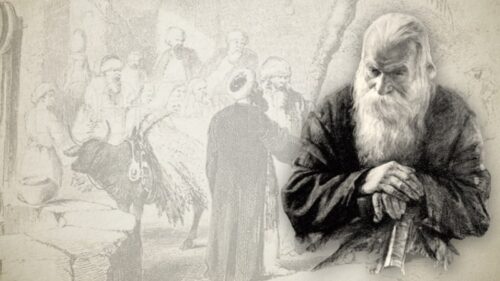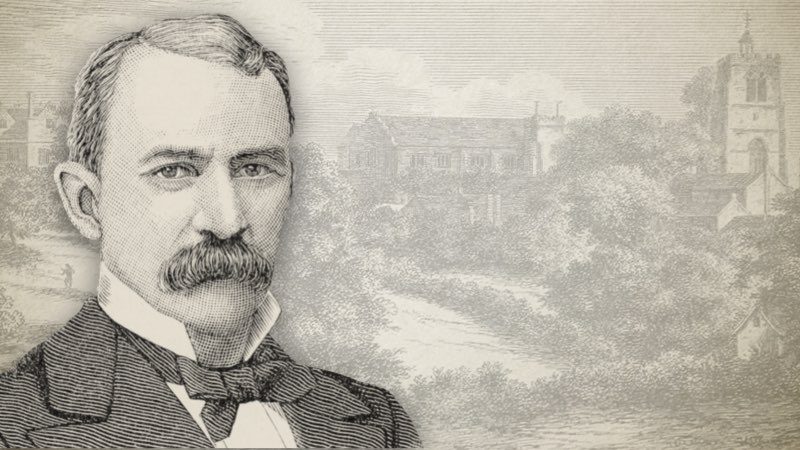-
Introduction
Clifford Pond served in the pastoral ministry among Grace Baptist churches for more than 50 years. Having seen the need for congregations to better understand the complexities of adopting a plurality of elders, he wrote a book entitled “Only Servants.” The back cover of the book offers a reason why the author is a respected authority on the subject: “Clifford Pond writes out of a lifetime of pastoral ministry, having served churches in Suffolk and Surrey as well as exercising a wider ministry at various times by responsible leadership in young people's fellowships, associations of churches and the council of Grace Baptist Mission.” In the fifth chapter, under the heading “Plurality of Elders and Deacons”, Mr. Pond writes: “Since the Second World War every part…
-
Strict Communion
-
Church Officers: Representative Documents
This is the first article setting forth representative documents that support the truth that Baptist Churches have always had pastors and deacons as their Biblical church officers. I. Representative Confessions of Faith The First London Confession of 1644/46 and the Second London Baptist Confession of Faith of 1677/89 are no doubt the two most influential Confessions of faith in existence. These confessions hold much weight in any discussion of Church Polity. Both can be found in Lumpkin’s Baptist Confessions of Faith. 1. The First London Confession On page 166 of the First London Confession, in Article XXXVI, the subscribers tell us that the church chooses its officers and they are called “Pastors, Teachers, Elders, Deacons.” Note (a) at the bottom of the page states that “Pastors and…
-
What are the Main Types of Baptist Church Polity?
A review of Baptist Church History will reveal that Baptists have always maintained one type of church polity. Only in more recent days have some Baptist leaders added another way of doing church governance. Baptist history is replete with extant documents that substantiate this observation. When one reads representative Baptist ecclesiastical writings such as confessions of faith, tracts, books, ordination sermons and church minute books, it becomes obvious that this assertion is correct. Baptists have historically interpreted the New Testament Scriptures to describe one type of church polity. This polity has been described as Congregationalism with the biblical leadership of a pastor and deacons. And if a Baptist church was large enough, it included more than one pastor in church leadership. In the majority of…
-
A. H. Strong On Pastoral Oversight
Augustus Hopkins Strong (1836-1921), a leading Theologian espousing Particular Baptist convictions and author of "Systematic Theology". With reference to the pastoral office in a church, he wrote: In certain of the New Testament churches there appears to have been a plurality of elders (Acts 20:17; Philippians 1:1; Titus 1:5). There is, however, no evidence that the number of elders was uniform or that the plurality which frequently existed was due to any other cause than the size of the churches for which these elders cared. The New Testament example, while it permits the multiplication of assistant pastors according to need, does not require a plural elder-ship in every case nor does it render this elder-ship, where it exists, of coordinate authority with the church. There…






